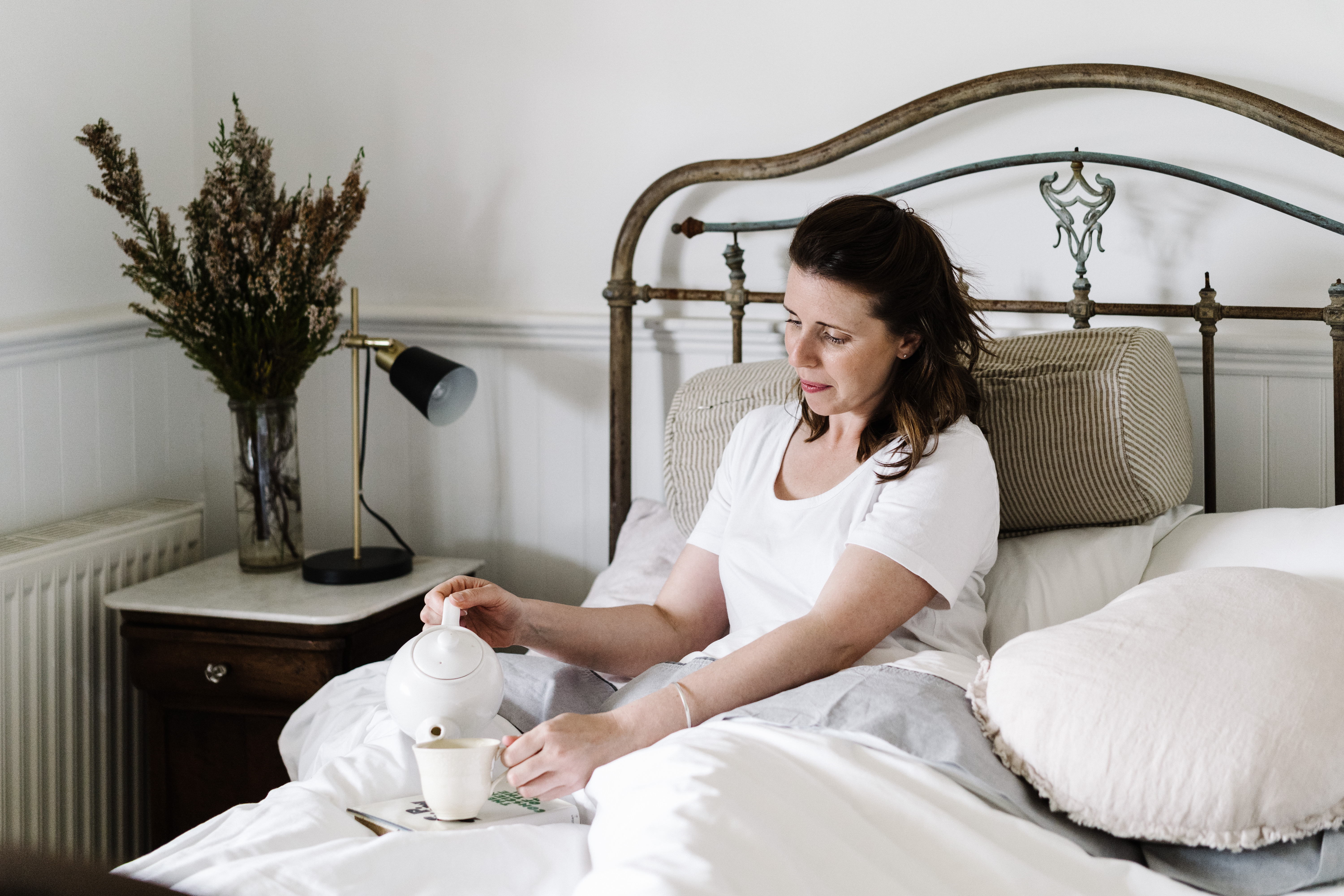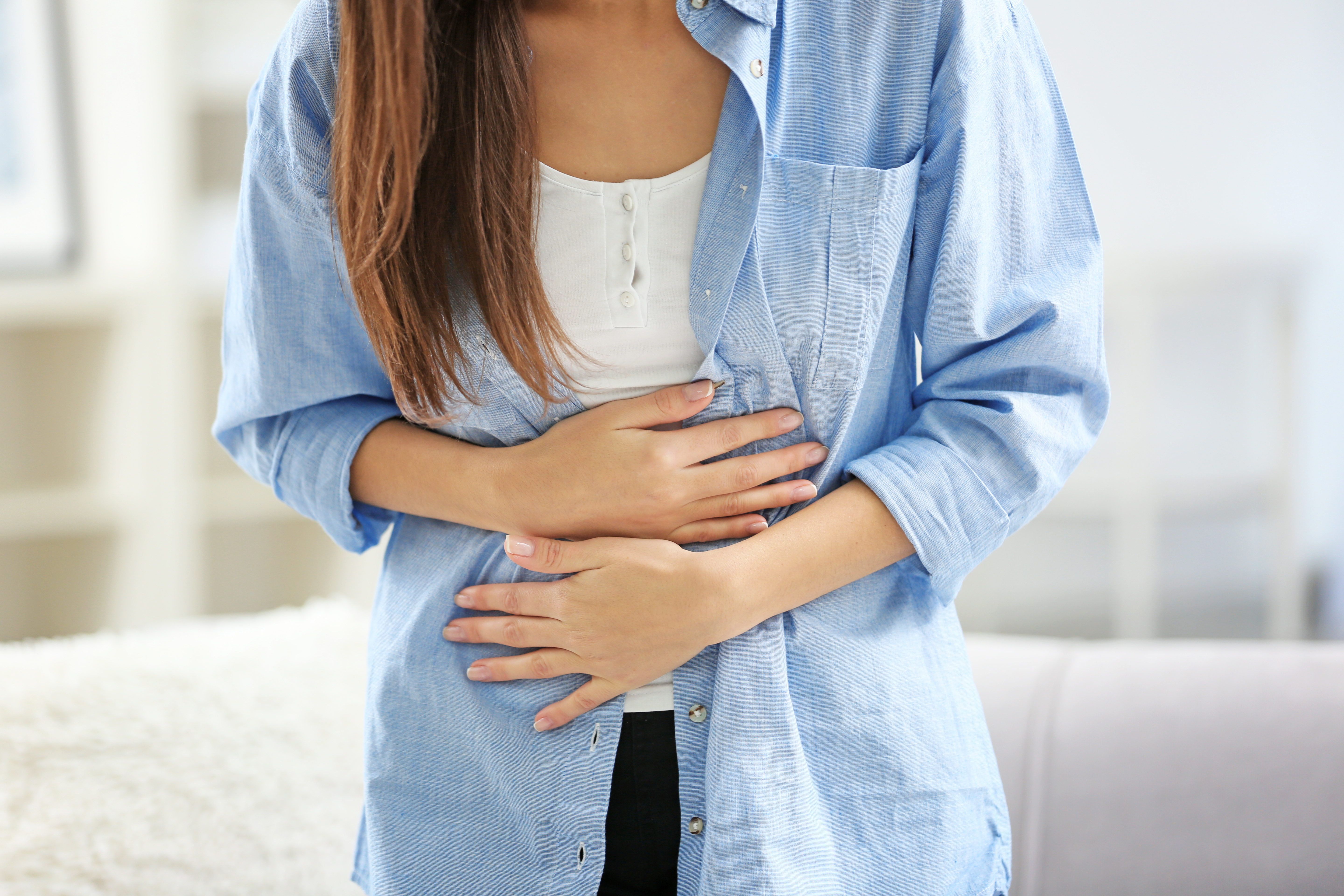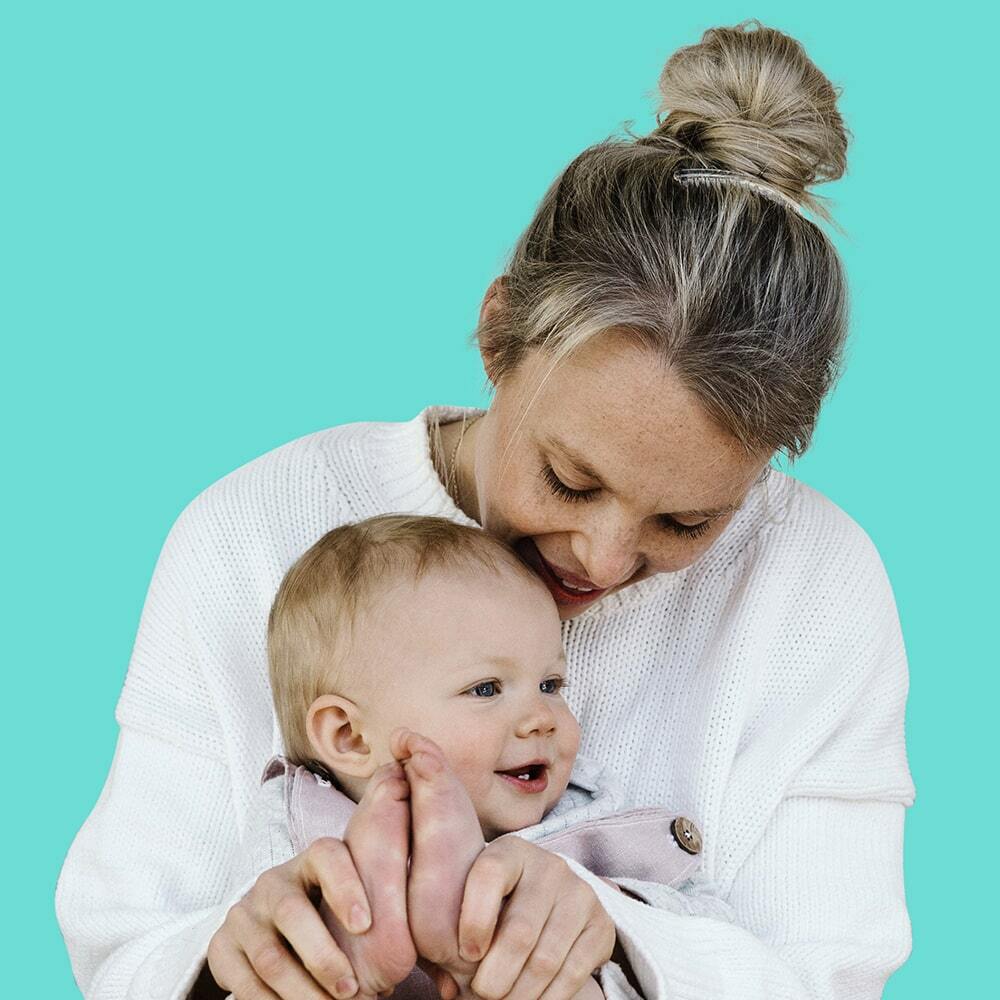Endometriosis
Diagnosing endometriosis can be challenging, often requiring laparoscopic surgery for confirmation. However, advancements in reproductive medicine offer hope for earlier detection and management through innovative imaging techniques.

What is Endometriosis?
Endometriosis is the abnormal growth of tissue outside the uterus. This tissue is primarily composed of glandular cells and stroma (supporting tissue), mirroring the structure of the uterine lining. These cells respond to hormonal changes during the menstrual cycle, causing them to thicken, break down, and bleed outside the uterus, leading to inflammation, scarring, and pain.
Primarily affecting individuals of reproductive age (most commonly between the ages of 25 and 40), the exact causes of endometriosis remain unknown. However, several factors are believed to contribute, including:
- Genetics: Research has demonstrated a familial predisposition to endometriosis, where individuals with family members affected by this disease are at higher risk.
- Hormones: High levels of oestrogen, a hormone involved in the menstrual cycle, appears to promote the growth of endometriosis.
- Immune system dysfunction: Issues with the immune system may prevent the body from recognising and eliminating endometrial-like tissue growing outside the uterus.

Endometriosis Symptoms
The most common Endometriosis symptoms include:
- Chronic pelvic pain, often worsening during menstruation
- Dysmenorrhea, or severe menstrual cramps
- Pain during or after sex
- Painful bowel movements or urination
- Infertility (due to anatomical distortions or inflammatory changes)
For a deeper understanding of these symptoms, take a look at our blog, The Symptoms of Endometriosis.
Endometriosis Pain
Pain is the hallmark symptom of endometriosis, varying in intensity and type. Many individuals experience one or more of the following:
- Chronic pelvic pain that may worsen during menstruation, often described as a deep, aching sensation.
- Cyclical pain that correlates with the menstrual cycle, peaking just before or during periods.
- Pain during or after intercourse (dyspareunia) due to the presence of endometrial-like tissue in sensitive pelvic areas.
These types of pain can significantly impact daily life and are key indicators for diagnosis. Check out our guide to Endometriosis Pain for management strategies.

How is Endometriosis Treated?
Endometriosis treatment options aim to manage symptoms and improve quality of life. They include:
- Medications, such as hormonal therapies, are commonly prescribed to suppress oestrogen production or modify menstrual cycles, alleviating pain and reducing the growth of endometrial tissue.
- Laparoscopic surgery offers a minimally invasive approach to remove endometrial implants and scar tissue, often providing long-term symptom relief and improving fertility outcomes.
- Dietary modifications focusing on anti-inflammatory foods can complement medical treatments, potentially reducing symptom severity.
At Monash IVF, treatment plans for endometriosis are tailored to individual needs, severity of the condition, and reproductive goals.
How is Endometriosis Diagnosed?
Diagnosing endometriosis can be challenging due to the variability of symptoms and their overlap with other conditions. The process often begins with a detailed medical history and pelvic exam. Imaging tests, such as ultrasounds or MRIs, can help identify cysts associated with this condition and also deep infiltrating lesions called nodules.
The gold standard for diagnosing endometriosis is laparoscopic surgery, during which a surgeon views the pelvic organs and can biopsy any suspicious tissue. This allows for a confirmed diagnosis and sometimes simultaneous surgical treatment.
Learn more about the process of Diagnosing Endometriosis.

Endometriosis and Fertility
Endometriosis can significantly impair a person’s ability to conceive, with around 30-50% of diagnosed individuals experiencing infertility. The presence of endometrial-like tissue outside the uterus may distort pelvic anatomy, interfere with the ovaries' ability to release eggs, block the fallopian tubes, or affect the implantation of a fertilised egg.
Despite these challenges, many individuals with endometriosis can still conceive with appropriate treatment. Fertility treatments often begin with lifestyle modifications and medications to manage symptoms and improve ovulation, and may encompass laparoscopic surgery to remove endometrial adhesions and restore normal pelvic anatomy. Assisted reproductive technologies (ART) such as in vitro fertilisation (IVF) can also bypass many of the issues caused by scarring and adhesions caused by endometriosis.
For more insights into navigating fertility challenges with endometriosis, see our guide to Endometriosis, Fertility, and Pregnancy.
What are the Stages of Endometriosis?
Endometriosis is classified into four stages based on the severity and extent of the disease, ranging from Stage 1 (minimal) to Stage 4 (severe). This staging system, developed by the American Society for Reproductive Medicine, helps guide treatment decisions and predict potential fertility issues.
Stage 1
Stage 1 endometriosis is characterised by minimal disease, featuring few small, superficial implants and possibly mild scarring. In this stage, there are typically minor patches of endometrial tissue outside the uterus. While symptoms may be less severe compared to later stages, individuals can still experience pelvic pain, particularly during menstruation, and may encounter fertility challenges.
Early detection and management are crucial, as even minimal disease can impact quality of life and reproductive health. Seeking medical evaluation and exploring treatment options can help manage symptoms effectively and improve outcomes for those affected by this early stage of endometriosis.
Stage 2
Stage 2 endometriosis presents with mild disease, characterised by more and slightly deeper implants compared to Stage 1, along with potential scarring. Individuals may experience moderate pelvic pain and fertility challenges. This stage necessitates careful monitoring and personalised treatment strategies to alleviate symptoms and prevent disease progression.
Stage 3
Stage 3 endometriosis is classified as moderate, with numerous deep implants, small endometriomas (cysts on the ovaries), and more significant scarring and adhesions. Individuals with Stage 3 endometriosis often experience more severe symptoms, including chronic pain and notable fertility issues. Interventions may include surgical procedures to excise deep implants and adhesions, alongside hormonal therapies to alleviate symptoms and regulate the menstrual cycle.
Stage 4
Stage 4 endometriosis is the most severe form, with many deep implants, large endometriomas, and extensive scarring and adhesions throughout the pelvic region. This stage profoundly impacts pelvic anatomy and fertility, and is often associated with a range of debilitating symptoms, including severe pelvic pain, bowel and urinary issues. As such, aggressive surgical intervention is typically required to remove endometrial tissue and restore normal anatomical structures.
Bowel Endometriosis
Bowel endometriosis occurs when endometrial-like tissue grows on the surface or within the walls of the intestines, most commonly affecting the rectum and sigmoid colon. This type of endometriosis can cause a unique set of symptoms, differing from typical pelvic endometriosis due to its impact on the gastrointestinal tract.
Symptoms of bowel endometriosis often include painful bowel movements, abdominal cramps, bloating, diarrhoea, constipation, and rectal bleeding, especially during menstruation. These symptoms can sometimes be mistaken for other gastrointestinal disorders like irritable bowel syndrome (IBS) or inflammatory bowel disease (IBD), leading to delays in diagnosis.
Diagnosis of bowel endometriosis typically involves a combination of imaging techniques such as transvaginal ultrasound or MRI, and sometimes requires a colonoscopy to evaluate the extent of the disease. Laparoscopic surgery is often necessary for a definitive diagnosis and to assess the full extent of tissue involvement.
Treatment for bowel endometriosis can vary based on the severity of symptoms and the extent of tissue growth. Hormonal therapies may help reduce symptoms and slow disease progression. In more severe cases, surgical intervention to remove the endometrial lesions from the bowel may be necessary, which can provide significant symptom relief and improve quality of life.
Do You Think Your Fertility is Being Affected by Endometriosis?
If you suspect that endometriosis may be impacting your fertility, it's important to seek medical advice and explore your treatment options. Early diagnosis and tailored treatment plans can significantly improve your quality of life and chances of conceiving.
Endometriosis affects each individual differently, and understanding your unique situation is the first step towards effective management and achieving your fertility goals. Taking proactive measures today can profoundly shape your path towards building a family in the future.

Start your fertility journey
Wherever you are on your journey, one of our supportive nurse enquiry team members can help you understand your options and take the next step. These conversations are free and informative.